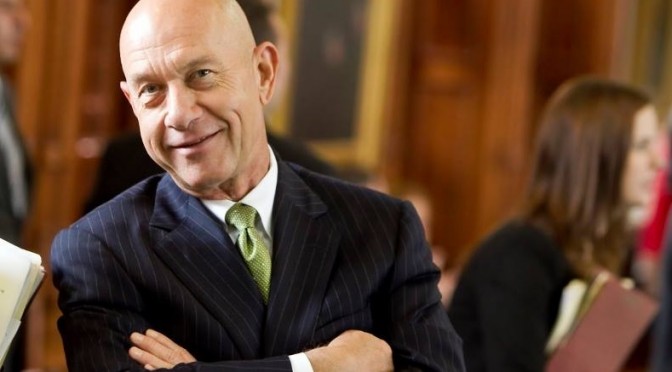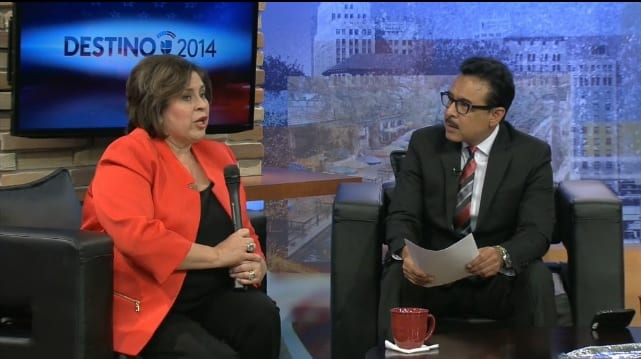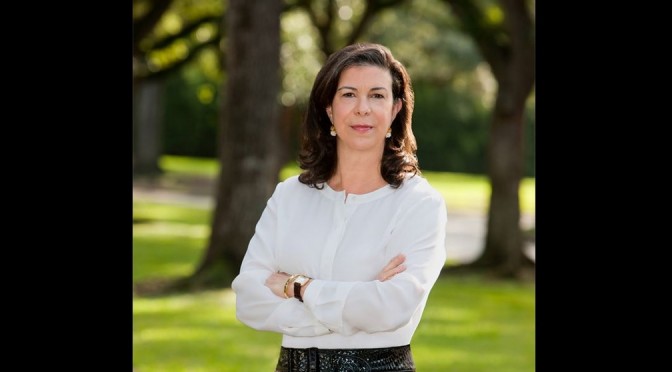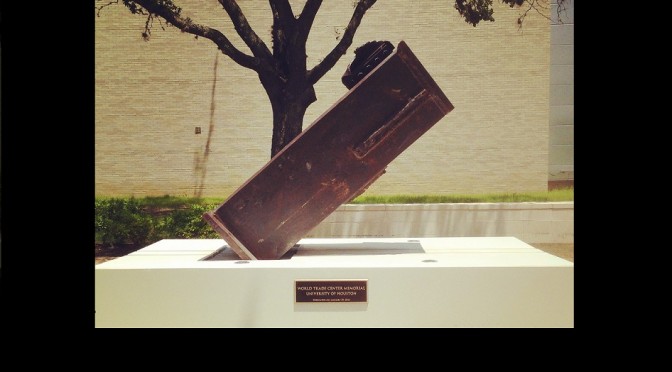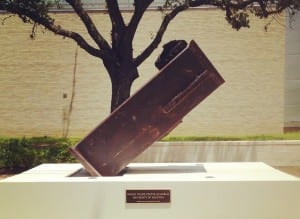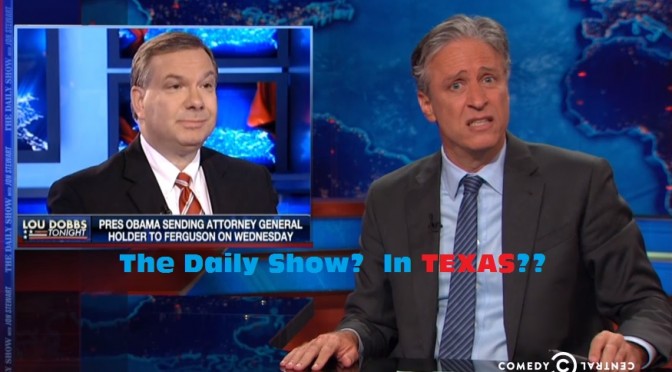In the Third installment of the 2014 Texas Leftist Candidate Questionnaire, we hear from Matthew Whittington, candidate for the Texas State Senate, District 5. He is a Libertarian.
Please note: Responses have been received directly from the candidate, and have been posted ver batim from the email received. This is done out of fairness to all candidates. Publishing these responses does not constitute an endorsement, but will be considered during the endorsement process.
TL: What is your name, as it will appear on the ballot?
MW: Matthew Whittington
TL: Are you a current or former elected official? If so what office(s)?
MW: I have never held a public office, but I was asked to run (and ran) for the Texas House in 2012.
TL: As a political candidate, you clearly care about what happens in certain levels of government. In your own words, why is government important?
MW: The role of our government is to protect our individual right to live life as we see fit as long as we are not infringing upon others right to the same. With a few constitutionally explicit exceptions, this is a reactive position, not a proactive one. It is not our government’s job to provide you with the resources to live as you see fit only to take your side if you are being unjustly denied those rights.
TL: If elected, name your top 3 priorities you hope to accomplish for 2015 legislative session. Describe how you plan to accomplish them.
MW: Not necessarily in order. (Top 5 would have included support of gay marriage and gun rights.)
I. Civil Asset Forfeiture – The practice of Civil Asset Forfeiture, like many governmental policies, started out with a reasonable premise. Don’t let bad guys profit from their crimes. In theory, it is a decent idea. In practice, it has become a framework for corruption. Every policy is subject to abuse by bad actors. Civil Asset forfeiture as moved from the bad actor phase to a mainstream practice. It is time to stop. It is more important to protect the property of the innocent than it is to deny the ill-gotten property to the guilty. There should be no loss of property without a conviction of a crime.
II. Education – It is not possible with the current text of Article 7 and legal precedent to create a constitutional education system in Texas. We can either resign ourselves to the current system of perennial funding lawsuits, or we can amend Article 7. I would propose Article 7 amendments that lean towards free market, unencumbered voucher solutions.
III. Water – To solve our long term water problems in this state, we need to deregulation the water industry. I do not mean deregulate for dirty water. I mean deregulate pricing and competition. I understand that water is required to live, so a minimum amount should be available with service, but progressive pricing by usage will incentivize market solutions. Regulatory usage limits will not.
TL: A 2013 survey found that 54 percent of Texas voters support Medicaid Expansion under the Affordable Care Act. Expansion is also supported by the Texas Hospital Association. Without Medicaid Expansion or an alternate solution, Texas Hospitals are having to provide over $5 billion dollars annually in uncompensated care to patients who lack insurance. This leaves Texas taxpayers paying not only for the uncompensated care of our residents, but also paying for expanded healthcare benefits in other states. If elected, would you support Medicaid Expansion or an alternate solution for the state of Texas, so we can bring our tax dollars back where they belong? If not, please explain why. If so, please explain how you would work to pass such a measure.
MW: I do not support increasing Medicaid. Medicaid should only be for those who cannot provide for themselves. Anyone not destitute or disabled should have to depend upon charity. This cannot be done overnight. We have spent decades destroying voluntary charitable institutions in this country and replacing them with involuntary government charity and selling it as something we are entitled to. This hole is deep enough. We need to stop digging.
At this time, the Republicans are still in charge of this state. They would be happy to support the ability to ‘Do Something!’ without having to give up the political stance that they have built around not expanding Medicaid. A viable alternative would have broad support.
TL: In the coming years, the state of Texas is projected to have a population boom of historic proportions. But with more people and more opportunities comes an ever-increasing strain on Texas roads and infrastructure. Describe your thoughts on what needs to be done to improve Texas infrastructure now so we can plan for a bright future for the state.
MW: The first thought that comes to mind is one that everyone seems to recognize, but somehow never happens. Quit diverting earmarked funds to other programs. This is a problem in every level of government in Texas and in every department. Earmarks need to be ironclad. If criminal penalties need to be attached to keep them honest, so be it. That being said, even if all of the earmarked funds were applied to our roads, there will probably still be a shortfall. I support private solutions. Not Public/Private partnerships. With those we get the same groups that currently have us in this mess. There are discussions of a private, high speed rail line between Houston and Dallas. If that is truly private (without public funds or eminent domain usage) then I absolutely support it or other similar projects.
As to the current list of organizations that are participating in our infrastructure, where there is the slightest hint of crony capitalism or corruption, fire everyone. Dissolve the organization if necessary. If they have unethically profited from their positions, jail or fine them. Buying land because you know a toll road will be coming and driving up the values is theft and fraud if you are associated with the placement of that road. Governmental employees profiting through their ‘service’ is unethical. You want to buy some land, build something and make a lot of money? Start a company.
TL: What makes you the best candidate for this office?
MW: Senator Schwertner is part of the Party machine and is as deep in the incestuous, crony capitalist organizations that are controlling our state right now as anyone else. Mr Shapiro supports the expansion of the programs that are going to bankrupt our state. I will do neither. I will work to live in a state that makes us proud to be Texan instead of proud to be in a state that takes care of all my needs so I do not have to.
TL: When not on the campaign trail, how do you like to spend your free time?
MW: When I am not involved with politics, I spend time with my four children. I am a software developer during the day and am also involved with a Bitcoin startup. We are involved with homeschooling.
Thanks to Mr. Whittington for his participation.
